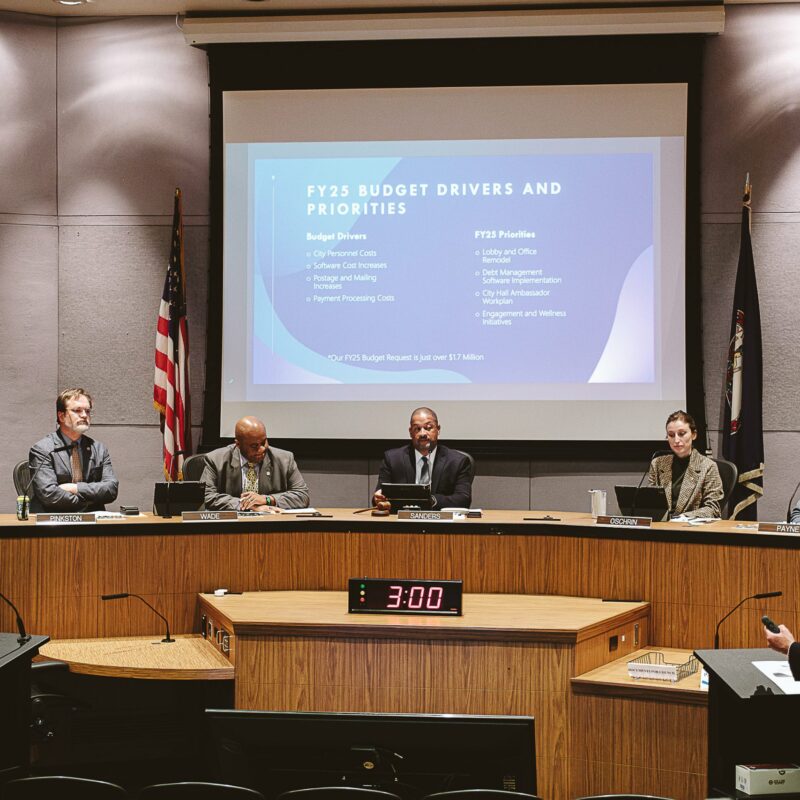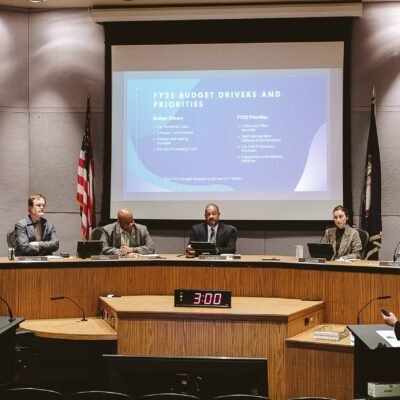A player’s coach
There’s a dirty secret in coaching. The people who judge your performance never see it. They see the games. They watch the players play. But they never see what you really do—the stuff that keeps you away from your family, that keeps you up at night, that makes one team better than another.
Coaches don’t really believe in results, because, like athletes, they have to believe in themselves. They have to say they believe in results because that is how they are judged. But they watch the game, the players, the referees, so closely that results begin to feel random. Performance is not random. Results, especially in soccer, involve randomness.
“I think I would have felt a certain satisfaction had we not won, because I feel like the players have really grown and you see that,” Swanson said of the World Cup. “Sometimes in this country most people feel like they’re vindicated when they do win, but I’ve never felt like that. I think maybe that’s why I was so happy, because all the lessons you try to teach…it means that much more because you won.”
If there are two sentences of his U.S. Soccer Federation bio that Steve Swanson would want to represent him, he’d probably pick these: “Swanson has coached 18 All-Americans, eight conference players of the year and 71 all-conference selections. Of his former players at Dartmouth, Stanford, and Virginia, 24 have played professionally in the WUSA or WPS.”
A Michigan native who was a standout player at Michigan State and played the game indoors professionally, Swanson is an athlete first, like his wife Julie, who was a college basketball player.
“Steve was born gifted as an athlete,” Julie said. “And when you have that kind of strength and speed and great eye-hand coordination, I think there’s a certain thrill in it, in exercising those abilities and sort of marveling in them in the way a little kid does when he discovers the things he can do, ‘Look at me! Look what I can do, Mom!’”
Swanson grew up in a driven, disciplined home, and like Brian, he was competitive.
“His mom says he wouldn’t talk for days after a big loss when he was a kid, and when we first got married he would get really down after losses and stay that way until they would win another game,” Julie said.
Julie tells a story to explain Steve’s energy. The family had a contractor doing work on the house who arrived early in the morning to start the job.
“He was a big, tall, skinny, mellow hippie type and when Steve left to go to work and the girls and I were still sitting at the breakfast table, the contractor stuck his head through the window opening and said, ‘Whoa, that was the most intense dude I have ever seen, and he was only eating his breakfast!’”
Julie, in part, is responsible for her husband’s career. She was coaching a varsity high school team early in their marriage.
“They told me I had to find my own volunteer assistant, but I didn’t know anybody in the town yet, so I asked Steve and he said yes,” Julie said. “He was so good with the girls and he loved it and they loved him.”
Since then Swanson has become one of America’s premier women’s soccer coaches. At Dartmouth, he took the team to its first NCAA appearances in back-to-back years. In four seasons at Stanford, he won two Pac-10 titles. If you’ve seen his teams play, you know that he sits in a chair for most of the game, never yells at referees or players, and generally looks calm.
If you’ve seen him in practice, you’d know why. He’s everywhere, dictating the pace and tone, demanding specific tactical adjustments, offering individual advice. That’s where he does his work. During the game, he lets the team play. If things are not working, he makes adjustments through substitutions and at halftime. But his job is to make sure his team knows how he wants them to play before they get there. Also, he knows that yelling at women doesn’t work very well.
“Steve’s intense, but he’s warm and fun and he knows how to bring levity to serious things, too,” Julie said. “He has a lot of respect for women, doesn’t ever make light of their emotions, yet is good at keeping them from getting swamped down in them as well.”
Julie doesn’t watch every game. There are too many. But she woke up early to watch the U20 World Cup Final on ESPNU alone in their home. One of the announcers said the game was defining for Swanson, because he’d never won a major title. Julie’s blood boiled.
“When the U.S. won, I was like, ‘There, take that. Now he’s won his major championship, hasn’t he? Are you happy? Does that make him a good coach in your eyes all of a sudden, Mister?’ It really bothers me how people judge a coach’s worth by their win-loss record, by the championships they’ve won. Some of the greatest coaches in the country never win an NCAA championship. Some not-so-great coaches do win championships. You have to look beyond the wins and losses and see what’s going on in the culture of the team, what the athletes are getting out of their playing experiences. That’s what sports are really about.”
Julie knows her husband judges his own performance on the way his team plays, the way his players learn, and the way they continue to grow, as players and people, after they leave. At times, that’s been hard on their three children: Alexis, Kelsey, and Sam.
“There are players who he ends up spending more time with or communicating with more because of the leadership they take on, or because of personal issues they need help with,” Julie said. “Or because they want to play professionally or internationally so they’re superdriven and can never get enough workout time and are always asking for him to help them work on this or that on days off. He’s like a second dad to a lot of players, too, when it comes to personal issues, something I think has been kind of hard for our kids at times. They had to learn to share their dad and sometimes there’s been a little bit of jealousy in how much time Steve’s players get.”
It’s also been hard on Julie, particularly over the past year, when Swanson has taken on another all-encompassing project to go with the one he already devotes his life to.
“Though I never get enough time with him and have my moments of getting mad about that, I feel it would be selfish not to share such an enthusiastic and caring person with those who could also enjoy him and benefit from his expertise and guidance,” Julie said. “I also really take issue with the whole thing of undervaluing coaches who don’t produce championships, people who can’t value an amazing coach with all the other evidence and testimony to the good and meaningful things they do.”





